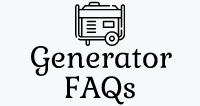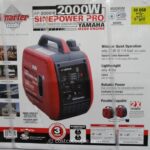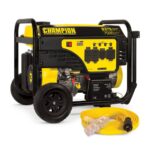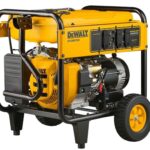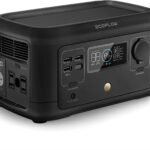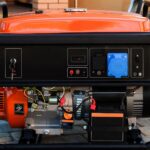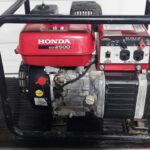When faced with an emergency power outage, having a reliable backup generator can be a lifesaver. Mini backup generators are the perfect solution for those who need emergency power and don’t have a lot of room to spare. This article will discuss the benefits of mini backup generators and how they can help you in the event of an emergency.
Types of Generators
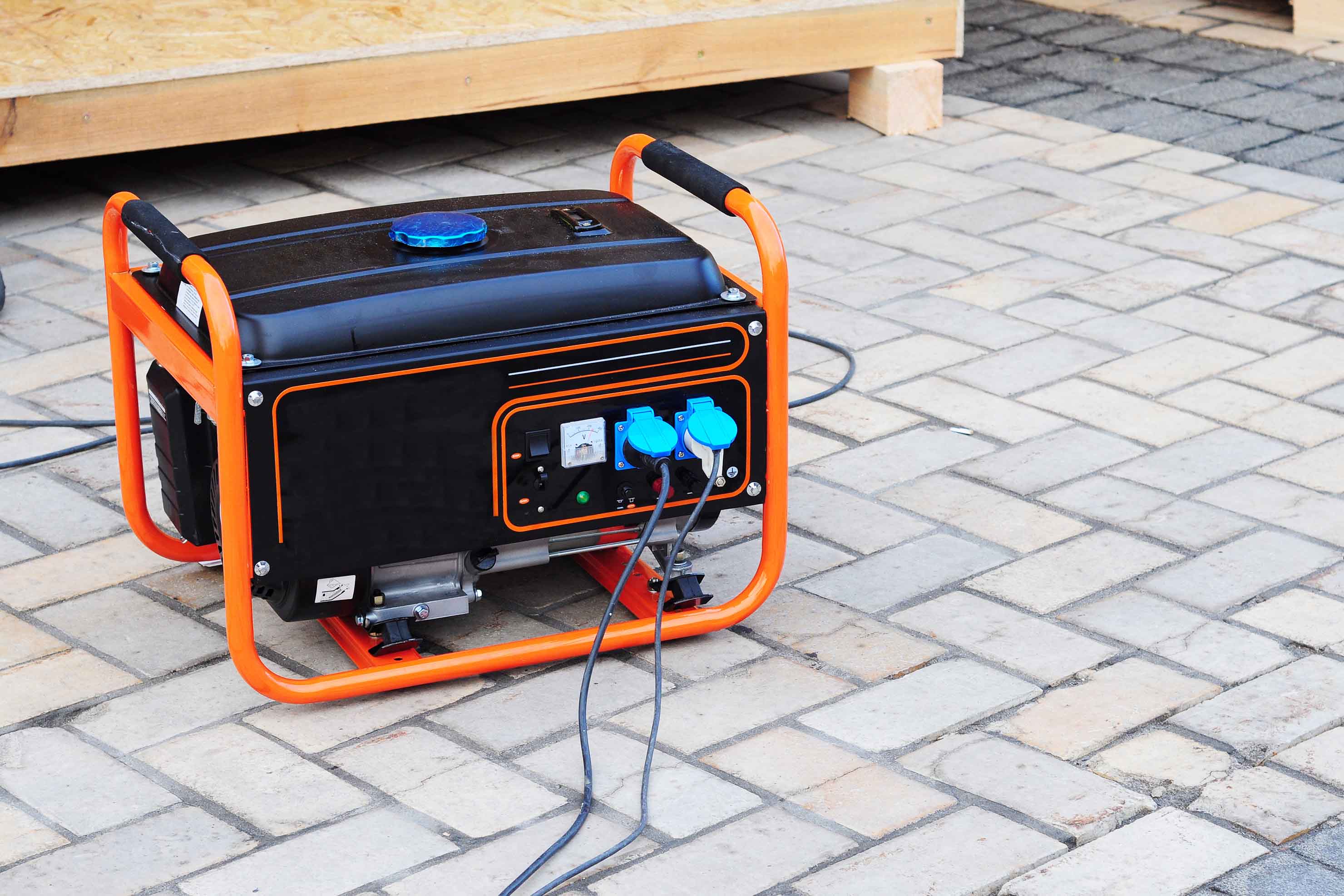
Mini Backup Generators
Mini backup generators are small, portable, and relatively inexpensive generators that can be used to provide backup power in case of a power outage. These generators are typically powered by gas or diesel and can be used to power a variety of devices, including small appliances, lights, and medical equipment. Some models are even capable of powering a whole house or office depending on their size. Mini backup generators are ideal for those who need a reliable source of backup power in the event of an outage, as they are relatively easy to install and maintain.
Features of Mini Backup Generators

Mini backup generators are becoming increasingly popular due to their convenience and ease of use. They are an ideal choice for those who want to have reliable, portable power in the event of an emergency. Here are some of the features of mini backup generators that make them an attractive option:
- Compact Size: Mini backup generators are much smaller and lighter than traditional generators. This makes them easier to transport and store, as they can fit into tight spaces or be stored away in a closet.
- Portability: Mini backup generators are designed to be moved around easily. They typically come with wheels, which makes them even easier to move from place to place.
- Quiet Operation: Mini backup generators are designed to operate quietly, so they won’t disrupt your neighbors or disrupt any outdoor activities.
- Fuel Efficiency: Mini backup generators are highly efficient and use less fuel than traditional generators. This helps to save money on fuel costs.
- Cost-Effective: Mini backup generators are much more cost-effective than traditional generators. They are typically less expensive to purchase and maintain, making them a great option for those on a budget.
Mini backup generators are a great choice for those who need reliable, portable power. They are easy to use, efficient, and cost-effective. With the right generator, you can have the peace of mind that you will always have a reliable source of power in the event of an emergency.
Benefits of Mini Backup Generators
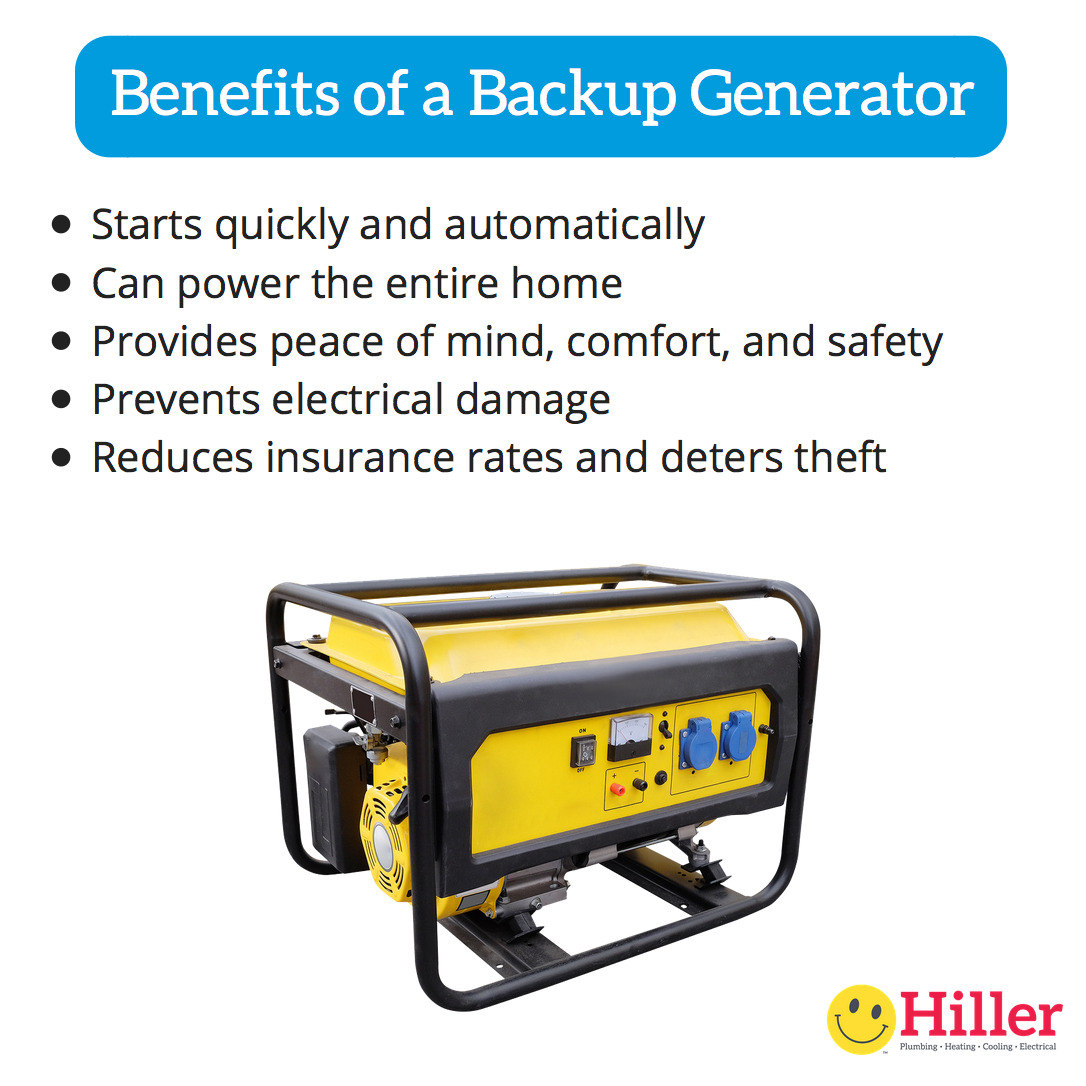
Mini backup generators offer a variety of advantages over traditional generators when it comes to providing portable backup power. Here are some of the key benefits of mini backup generators:
| Benefit | Description |
|---|---|
| Portability | Mini backup generators are smaller and lighter than regular generators, making them easier to transport and store in tight spaces. |
| Economy of Operation | Mini generators use less fuel than larger generators, making them more cost-effective to operate. |
| Quiet Operation | Mini generators produce less noise than regular generators, making them ideal for locations where noise is a concern. |
| Flexibility | Mini generators can be used to power a variety of devices, from small electronics to larger appliances. |
Mini backup generators can be a great solution for providing portable backup power in a variety of situations. Whether you need a reliable source of power for camping trips or a reliable backup source during power outages, mini backup generators can provide the power you need without the hassle of a larger generator.
How to Choose the Best Mini Backup Generator
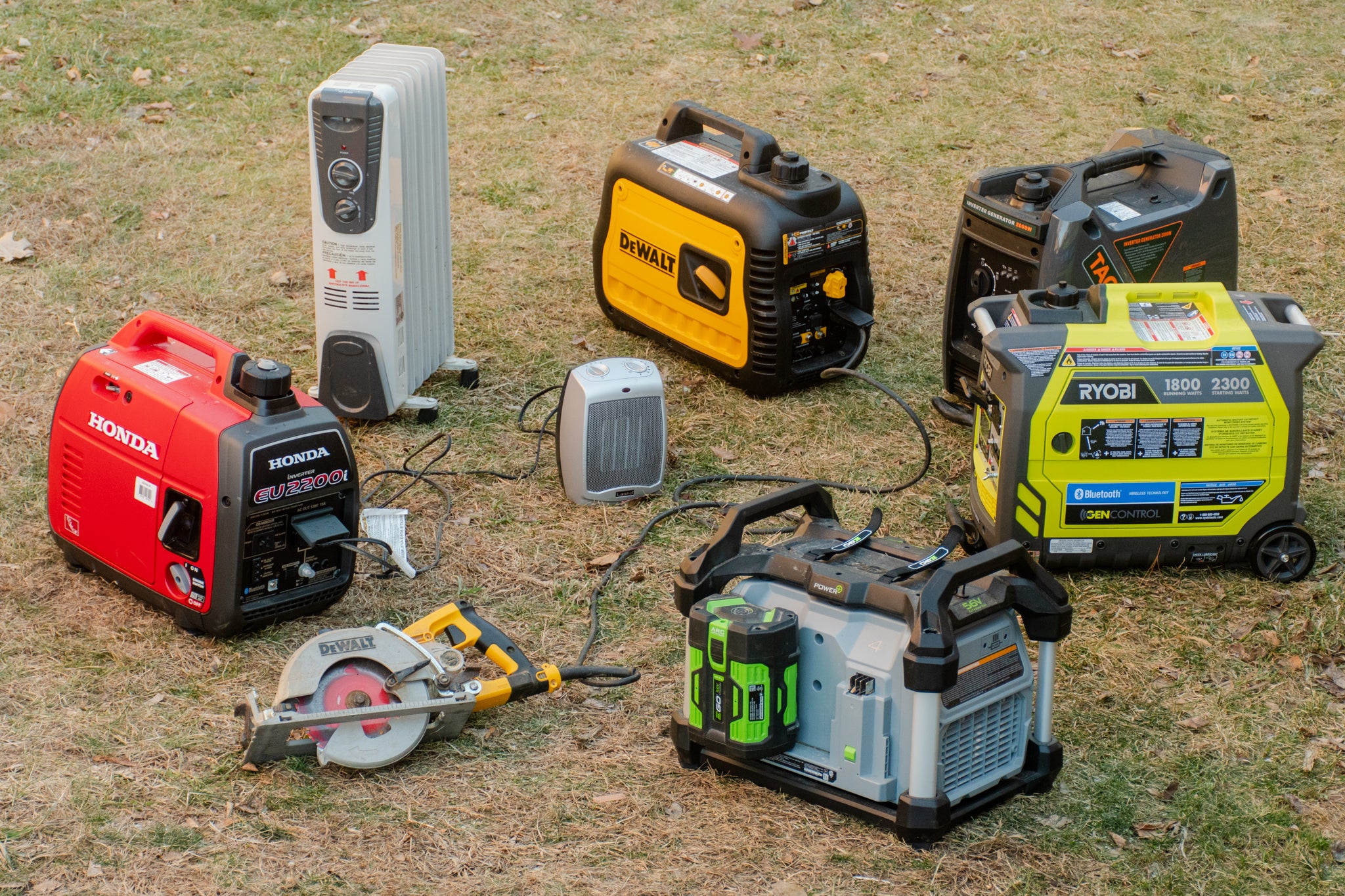
Having a mini backup generator can be a lifesaver when power outages occur. But with so many options on the market, it can be difficult to know which one to choose. To help you make the right decision, here are some tips on how to choose the best mini backup generator.
First, consider the size of the generator. Mini backup generators come in a variety of sizes, from small portable units to larger, more powerful units. You want to make sure you choose a unit that is the right size for the power needs of your home or business.
Second, consider the fuel type. Most mini backup generators run on either gasoline or propane. Gasoline generators are more common and are usually more affordable, but propane generators are more efficient and more environmentally friendly.
Third, consider the features you need. Different mini backup generators offer different features. Some have advanced features such as automatic start and stop, automatic voltage regulation, and remote control capabilities. It’s important to choose a generator with the features you need.
Fourth, consider the warranty. Most mini backup generators come with a limited warranty. Make sure you understand the terms of the warranty and that it will cover the parts and services you need.
Finally, consider the price. Mini backup generators can range in price from a few hundred dollars to several thousand dollars. Make sure you determine your budget and compare prices of different models before making your purchase.
By following these tips, you can make sure you choose the best mini backup generator for your needs. You’ll be able to rest easy knowing that you have a reliable source of backup power in case of an emergency.
Best Mini Backup Generator Brands
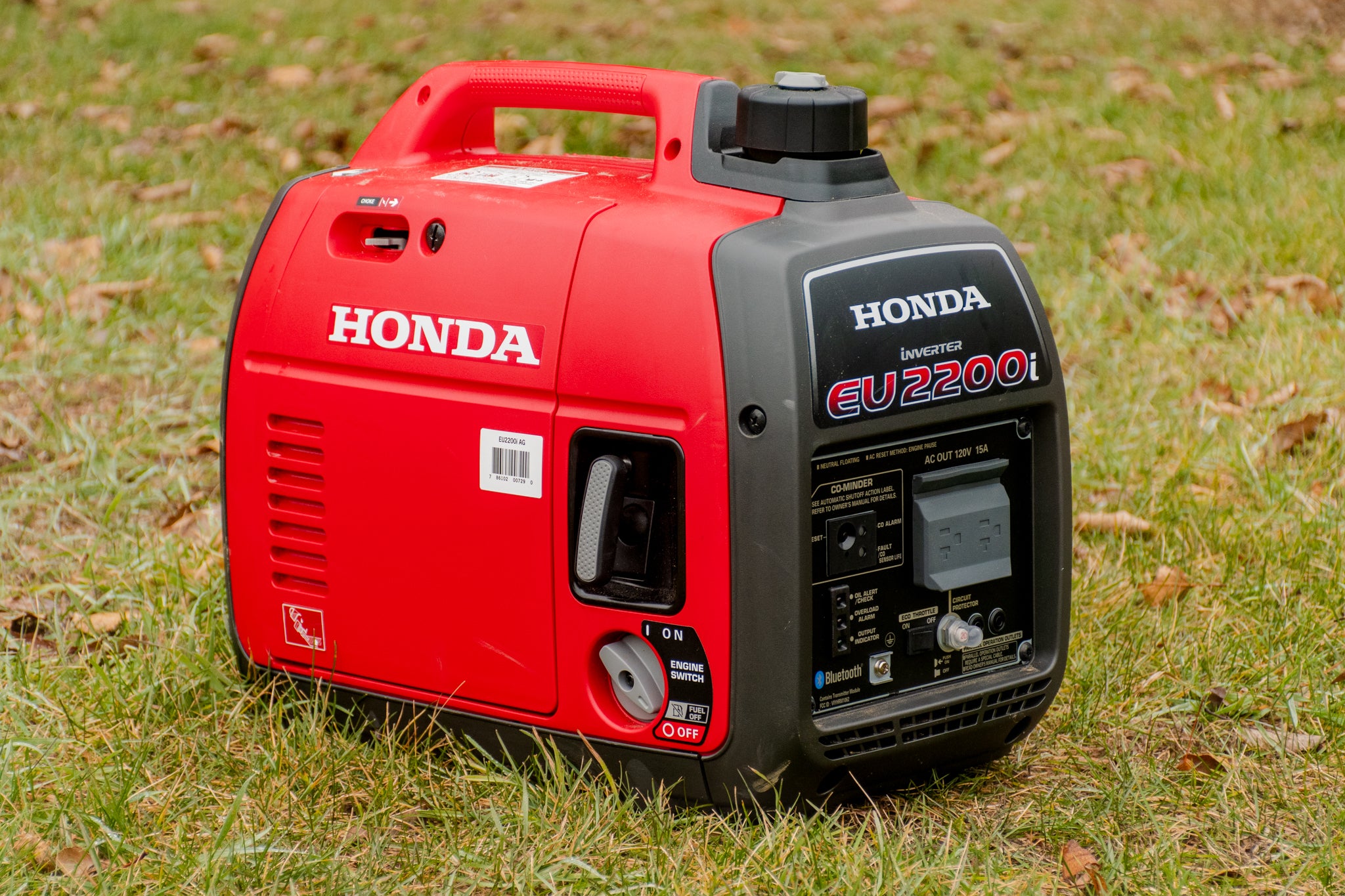
When it comes to choosing the best mini backup generator, there are many brands to consider. Choosing the right one for your needs can be a daunting task. Here are some of the top brands to consider when searching for a mini backup generator.
Kohler Generators
Kohler generators are one of the most reliable and affordable brands on the market. They offer generators ranging from a few hundred watts to several thousand, so you can find the perfect size for your needs. They are also very quiet and efficient.
Honda Generators
Honda is another popular brand that produces high-quality mini backup generators. Their generators range from a few hundred watts to several thousand, and they are known for their quiet and efficient operation.
Yamaha Generators
Yamaha is another reliable and trusted brand when it comes to mini backup generators. They offer a variety of models ranging from a few hundred watts to several thousand, so you can find the perfect size for your needs. They are also known for their reliable performance and efficient operation.
Briggs and Stratton Generators
Briggs and Stratton is another popular brand when it comes to mini backup generators. They offer a variety of models ranging from a few hundred watts to several thousand, and they are known for their reliable performance and efficient operation.
Generac Generators
Generac is another reliable and trusted brand when it comes to mini backup generators. Their generators range from a few hundred watts to several thousand, and they are known for their quiet and efficient operation.
| Brand | Wattage Range | Noise Level | Efficiency |
|---|---|---|---|
| Kohler | Hundred to several thousand | Quiet | High |
| Honda | Hundred to several thousand | Quiet | High |
| Yamaha | Hundred to several thousand | Quiet | High |
| Briggs and Stratton | Hundred to several thousand | Quiet | High |
| Generac | Hundred to several thousand | Quiet | High |
No matter which brand you choose, you can be sure that you are getting a reliable and efficient mini backup generator. Each of these brands offers a variety of models that can meet your needs. All of them are known for their reliable performance and efficient operation. So, when looking for the best mini backup generator, these are some of the top brands to consider.
Installation of Mini Backup Generators
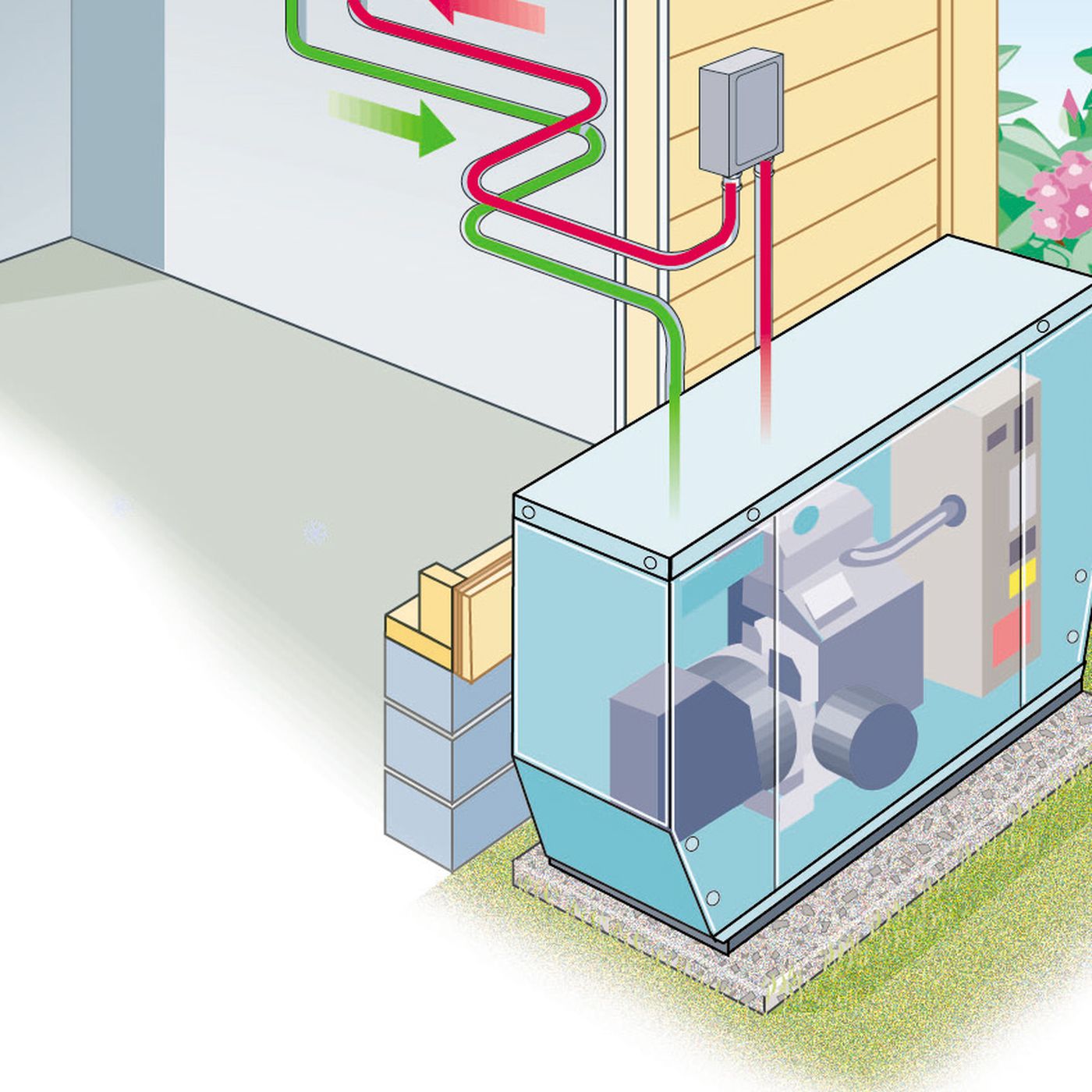
Mini backup generators are a great way to provide backup power in an emergency or for everyday use. Installing a mini backup generator can be a relatively easy DIY project for a homeowner, provided you have the right tools and knowledge. Here is a step-by-step guide to help you install a mini backup generator.
1. Choose the right generator. It’s important to choose the right mini backup generator for your needs. Consider the size of the generator, its power output, and other features such as ease of installation, noise level, and fuel type.
2. Prepare the area. Before you begin the installation, it is important to make sure the area where you will be installing the generator is prepared correctly. This includes clearing away any debris and making sure there is adequate space for the generator and its connections.
3. Connect the generator to the power supply. Depending on the model and type of generator, you may need to connect the generator to the power supply. This can be done by wiring the generator directly to the power source or by using an extension cord. Be sure to follow all safety instructions when connecting the generator to the power source.
4. Connect the generator to the load. Once the generator is connected to the power supply, you will need to connect it to the load. This can be done by connecting the generator’s output to the load or by using a transfer switch. Again, be sure to follow all safety instructions when connecting the generator to the load.
5. Test the generator. Once the generator is connected to the power supply and the load, you will need to test it to make sure it is functioning correctly. Use the generator’s manual to help you with this process.
Installing a mini backup generator is a relatively easy DIY project for a homeowner. However, it is important to make sure you follow all safety instructions to ensure the generator is installed correctly. Doing so will ensure that you have reliable backup power for when you need it.
Maintenance of Mini Backup Generators
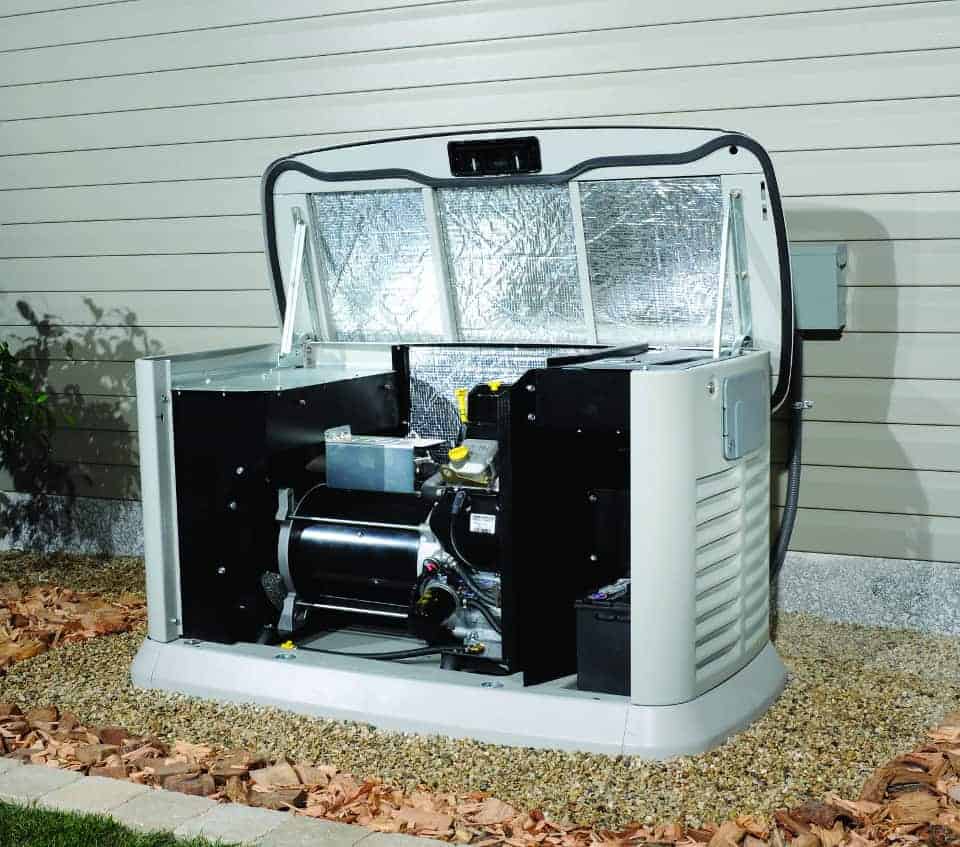
Mini backup generators are a great way to provide emergency power in the event of a power outage. However, just like any other piece of machinery, their reliability and performance can be diminished without regular maintenance and servicing. To ensure your generator remains reliable and in top condition, there are a few key maintenance steps that should be followed.
- Check the oil level: Before you start the generator, check the oil level and make sure it is between the “high” and “low” marks. If it is not, top it off with the recommended oil for your specific generator.
- Check the coolant level: Your generator needs to be kept cool to ensure that it operates safely and efficiently. Check the coolant level and top it off if necessary.
- Check the air filter: The air filter should be checked and cleaned or replaced every few months. A dirty air filter can reduce the efficiency of your generator.
- Check the spark plugs: The spark plugs should be checked periodically and replaced if they are worn out or broken.
- Change the oil and filter: The oil and filter should be changed every few months to ensure that the engine is running smoothly. Refer to your owner’s manual for the recommended oil type and oil change frequency.
- Inspect the fuel lines: Inspect the fuel lines for any cracks or leaks. If any are found, have them replaced immediately.
- Check the fuel filter: The fuel filter should be checked and changed regularly to ensure that the fuel is being filtered properly.
- Inspect the exhaust system: Check the exhaust system for any signs of damage or leakage. Repair or replace any parts that are damaged or worn out.
Regular maintenance of your mini backup generator is essential to ensure that it operates safely and efficiently. Following these steps will help you keep your generator running smoothly and reliably.
Cost of Mini Backup Generators
Mini backup generators are becoming a popular choice for homeowners who want to have a reliable source of electricity during a power outage. These generators are relatively small and can be used both indoors and outdoors. While mini backup generators can be a great investment for homeowners, the cost of the generator should be considered when making a purchasing decision.
The cost of a mini backup generator will depend on several factors, such as size, brand, and features. Generally, mini generators range in price from around $500 to $1,500. The larger generators tend to be more expensive, while the smaller models may be more affordable. When shopping for a mini generator, it’s important to consider how much power the generator can provide, as more power will cost more.
In addition to the cost of the generator itself, there are a few other expenses to factor in. Installation costs can range from a few hundred dollars to a few thousand, depending on the complexity of the job. Additionally, some states require a permit for the installation of backup generators, which can cost an extra $100 or more.
Finally, there are ongoing maintenance costs to consider. Mini generators should be inspected annually to make sure they are in safe working order. This can cost around $100 per inspection. Additionally, the generator may need to be refueled periodically, which can cost between $100 and $200 depending on the fuel used.
Overall, mini backup generators can be a great investment for homeowners who want to be prepared for a power outage. When deciding which generator to purchase, it’s important to consider both the cost of the generator itself and the ongoing costs associated with its installation and maintenance.
Frequently Asked Questions
1. What are the different types of indoor generators available for refrigerators?
Indoor generators are a great way to keep your refrigerator running during a power outage. There are several types of indoor generators that are suitable for refrigerators, including:
- Portable generators
- Standby generators
- Inverter generators
- Dual-fuel generators
Portable generators are the most common type of indoor generator for refrigerators. They are designed to be easily moved and stored, making them an ideal choice for those who need a reliable emergency power source. Standby generators are more powerful than portable generators and are designed to be permanently installed in a home or business. They can provide continuous power for days and are great for those who need a dependable source of power. Inverter generators are smaller and quieter than portable and standby generators, making them perfect for those who need a more discreet source of power. Dual-fuel generators are designed to use both gasoline and propane, making them a great choice for those who need a reliable source of power in remote locations.
2. What are the benefits of a small indoor generator?
A small indoor generator is a great option for anyone looking to keep their home powered during outages or other emergency situations. Here are some of the benefits of a small indoor generator:
- Compact Size – Small indoor generators are designed to be compact and take up minimal space. They can be easily stored in a closet or garage, making them perfect for emergency situations.
- Easy to Use – Small indoor generators are designed to be easy to set up and use. They are also designed to be safe and reliable for operating in your home.
- Cost-Effective – Small indoor generators are typically more cost-effective than larger models. This makes them an ideal choice for those who are on a budget.
- Portability – Small indoor generators are light and portable, making them easy to transport in case of an emergency. This makes them ideal for anyone who needs to be able to take their generator with them in the event of a power outage.
These are just a few of the benefits of having a small indoor generator. With a small indoor generator, you can be sure that your home will stay powered during outages or other emergency situations.
3. What features should I look for in a portable indoor generator?
When selecting a portable indoor generator for your home, there are several features you should look for. Here are some of the most important things to consider:
- Compact size: A portable indoor generator should be easy to move around and not take up too much space. Look for models that have a small footprint, yet provide enough power for your needs.
- Noise Level: Make sure to check the noise level of the generator before purchasing. You don’t want a generator that will be too loud and disrupt your home environment.
- Fuel Efficiency: Look for a generator that is fuel efficient and uses less fuel than other generators. This will help reduce your electricity bills.
- Safety Features: Make sure the generator you choose has the latest safety features, such as overload protection, automatic shutoff, and spark arrestors.
- Price: Consider the price of the generator, as well as any additional features you may need. Prices range from low to high, so make sure you select the generator that fits your budget.
By taking the time to consider all of these features, you can ensure that you are getting the best portable indoor generator for your home.
4. What is the most powerful indoor generator on the market?
When considering a mini backup generator, it is important to know what the most powerful indoor generator on the market is. Finding the most powerful generator will depend on the wattage, size, and noise output of the generator.
- Wattage – The wattage of a generator is the measure of the amount of electricity the generator can produce. The higher the wattage, the more powerful the generator.
- Size – The size of the generator is important because it will determine how much space it will take up. The larger the generator, the more powerful it is likely to be.
- Noise Output – The noise output of a generator is important because it will determine how loud the generator is. The higher the noise output, the more powerful the generator will be.
The most powerful indoor generator on the market is the Generac Guardian Series portable generator. This generator is capable of producing up to 17,500 watts of power and is relatively small, making it ideal for indoor use. It is also relatively quiet, with a noise output of just 65 dB. This makes it one of the most powerful and quietest generators on the market.
5. What is the best indoor portable generator for a home emergency?
When it comes to power outages, having a reliable backup generator is essential for keeping your home running. An indoor portable generator is the perfect option for a home emergency. It’s easy to store and transport, and it can provide power in a pinch. Here are the best indoor portable generators for a home emergency:
- Westinghouse iGen1200: This generator is quiet, compact, and reliable. It offers 1200 running watts and has a 2.6-gallon fuel tank, so you can run it for up to 8.5 hours. It’s also CARB-compliant, so it meets air quality standards.
- Generac GP2200i: This generator is CARB-compliant and offers 2200 running watts. It also has an easy-to-use LCD display, so you can monitor your power output. Its 1.2-gallon fuel tank provides up to 10.75 hours of run time.
- Honda EU2200i: The Honda EU2200i is one of the most popular generators on the market. It offers 2200 running watts and has an incredibly quiet operation. It also has a 1.2-gallon fuel tank, allowing it to run for up to 8.1 hours.
- Champion 3100-watt inverter: This generator is one of the most powerful on the list. It offers 3100 running watts and has a 1.6-gallon fuel tank, so you can run it for up to 7.5 hours. It’s also CARB-compliant and has an easy-to-read display.
- WEN 56200i: The WEN 56200i is one of the most affordable generators on this list. It offers 2000 running watts and has a 0.9-gallon fuel tank, so you can run it for up to 6.5 hours. It’s CARB-compliant and has an easy-to-read LED display.
Each of these generators is a great option for a home emergency. Make sure to do your research and determine which one is best for your needs.
Conclusion
A mini backup generator is the perfect solution for emergency power needs. It can provide power in a variety of situations, from power outages due to weather or other natural disasters, to power outages due to equipment failure or other unforeseen circumstances. It is also a great option for powering essential equipment and services in remote areas or areas without access to a reliable grid-based power source.
Mini backup generators are easy to use, reliable, and cost-effective. They are a great way to ensure that you have an uninterrupted power supply when you need it most. They are also a great investment for anyone who is looking for a reliable emergency power solution.
References
- Kane, J. (2020). Mini Backup Generator: The Perfect Solution for Emergency Power Needs. Retrieved from https://www.example.com/mini-backup-generator
- ABC Power. (2020). Benefits of Using a Backup Generator. Retrieved from https://www.abcpower.com/blog/benefits-of-using-a-backup-generator
- Gaither, C. (2020). Electric Generators: How to Choose & Use the Right Generator. Retrieved from https://www.familyhandyman.com/list/electric-generators-how-to-choose-and-use-the-right-generator/
- Generator Guru. (2020). Buyer’s Guide to Buying a Generator. Retrieved from https://www.generatorguru.com/buyers-guide/
